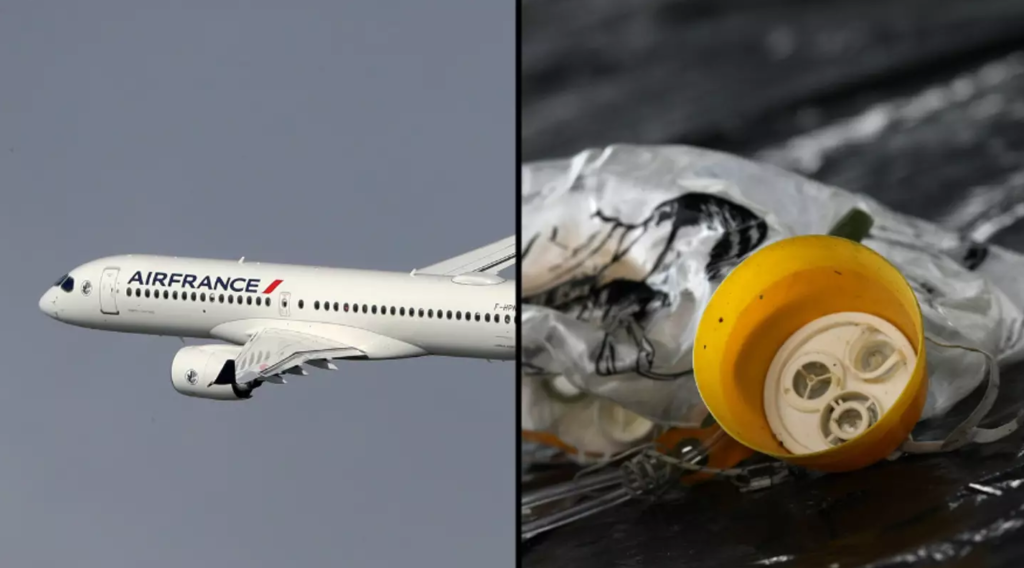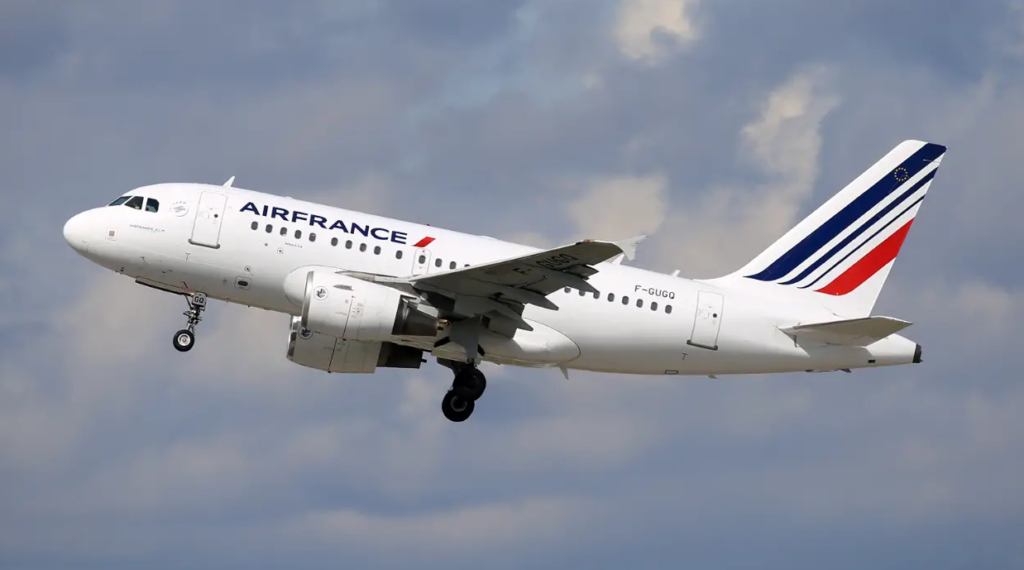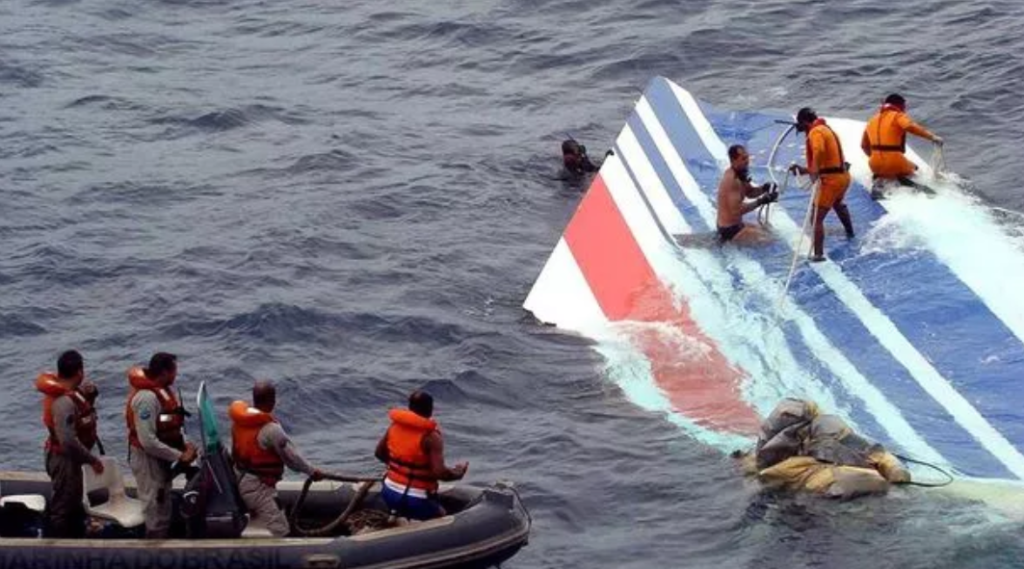
On June 1, 2009, Air France Flight 447 crashed into the Atlantic Ocean, resulting in a tragic incident. The cockpit of the flight experienced chaos and fear during its final moments. The Airbus A330-203, traveling from Rio de Janeiro to Paris, claimed the lives of all 228 individuals on board when it crashed into the ocean.
Eerie audio recordings from the cockpit reveal the frantic discussions between Captain Marc Dubois and his two co-pilots, David Robert and Pierre-Cédric Bonin, as they confronted the imminent disaster of the aircraft. The plane vanished without notifying any authorities, leaving behind only the terrified voices of the pilots as proof of their last moments.
Following the crash, wreckage from the Air France plane was found in the sea. This led to a long search for the black box recorders, which lasted two years and cost around £27 million. The data from these recorders provided important details about the flight incident.

The plane's speed sensors, called pitot tubes, were blocked and frozen as the aircraft tried to fly through a storm on its route to Paris. This issue caused incorrect information to be generated by the plane's systems, resulting in the autopilot being disabled and the pilots struggling with inaccurate speed and altitude readings.
The pilots, dealing with bad weather and wrong information, chose to take over manual control of the plane. Unfortunately, they mistakenly directed the plane's nose upwards instead of downwards, resulting in an aerodynamic stall. As the plane descended rapidly, the pilots' frantic conversation revealed their understanding of the grave circumstances.

In the cockpit, the last moments were filled with fear and desperation. The pilots were confused and horrified by what was happening. In the end, the plane, weighing 205 tonnes, fell from the sky for over 11,500 meters in a little over four minutes. This tragic event led to the loss of all passengers and crew on board.
In 2023, a court in Paris ruled that Air France and Airbus were not guilty of manslaughter for the deaths of those on board. The case, however, leaves lingering questions about the complexities of aviation safety and the unpredictable nature of flying in challenging conditions.













